Chemical engineering is instrumental in the transition toward a circular economy, where the goal is to reduce waste, extend the life of products, and regenerate natural systems. Through innovative process design and the application of sustainable engineering practices, chemical engineers are reimagining how industrial systems function to minimize resource depletion and environmental degradation. One of the primary challenges in achieving a circular economy is reducing the reliance on raw materials and ensuring that products can be reused, refurbished, or recycled at the end of their life cycle. Chemical engineers are tackling this challenge by designing processes that enable efficient recycling and repurposing of materials. For instance, in the field of electronics, chemical engineers are developing methods to recover precious metals and other valuable materials from e-waste, preventing them from ending up in landfills. Another significant area of focus is the development of alternative materials that can be produced using renewable resources and are biodegradable or easier to recycle. Chemical Engineering for Circular Economy also explores the use of biotechnologies, such as fermentation and enzymatic processes, to convert waste into valuable products like biofuels, biodegradable plastics, and chemicals.
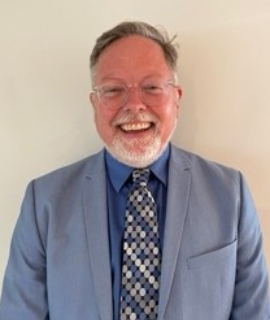
Thomas J Webster
Interstellar Therapeutics, United States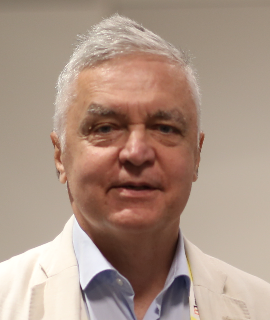
Sergey Suchkov
R&D Director of the National Center for Human Photosynthesis, Mexico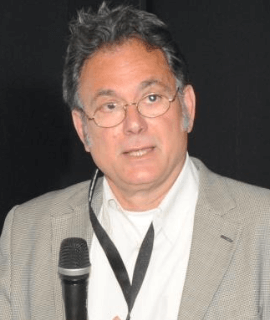
Christopher Koroneos
University of Western Attica, Greece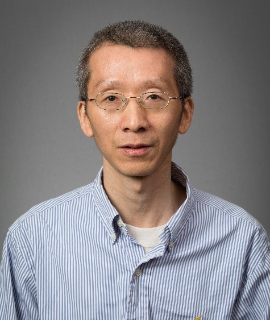
Haibo Ge
Texas Tech University, United States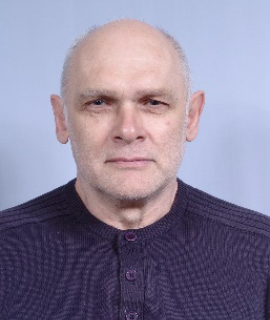
Valery P Kalinitchenko
All Russian Phytopathology Research Institute, Russian Federation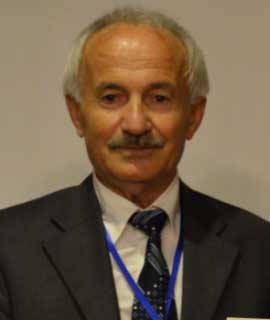
Osman Adiguzel
Firat University, Turkey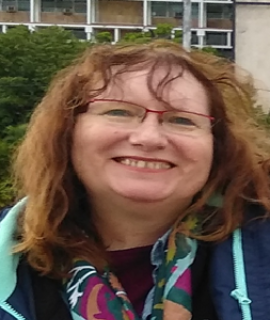
Delia Teresa Sponza
Dokuz Eylul University, Turkey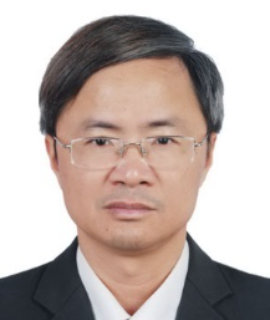
Guangnan Ou
Jimei University, China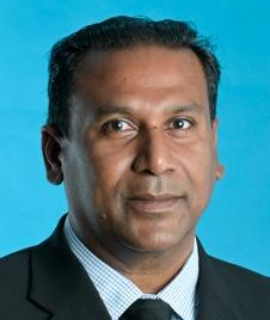


Title : Using cells as the environmentally catalyst for nanoparticle synthesis: Killing bacteria, inhibiting inflammation, and growing tissues
Thomas J Webster, Interstellar Therapeutics, United States
Title : Personalized and Precision Medicine (PPM) as a unique healthcare model to be set up through biodesign-inspired biotech-driven translational applications and upgraded business marketing to secure the human healthcare, wellness and biosafety
Sergey Suchkov, R&D Director of the National Center for Human Photosynthesis, Mexico
Title : Chemical soil biological engineering and biogeosystem technique methodology
Valery P Kalinitchenko, All Russian Phytopathology Research Institute, Russian Federation
Title : Antibody-proteases as translational tools of the next-step generation to be applied for biotech, bioindustry and personalized and precision medical practice
Sergey Suchkov, R&D Director of the National Center for Human Photosynthesis, Mexico
Title : Shape memory phenomena and crystallographic transformations in shape memory alloys
Osman Adiguzel, Firat University, Turkey
Title : Construction of artificial metalloenzymes by protein refolding
Guangnan Ou, Jimei University, China
Title : Photoremoval of some brominated phenols (4-bromophenol and 2,4,6-tribromophenol) with reused polystyrene foam and SnO2
Delia Teresa Sponza, Dokuz Eylul University, Turkey
Title : Phenol removal from wastewater using innovative biological and industrial wastes as adsorbents
Ashanendu Mandal, University of Calcutta, India
Title : Boom of nanomaterials in environmental remediation
Vijendra Singh Solanki, Institute of Science and Research, India
Title : Process intensification for the production of 2, 2-dimethoxypropane using Fixed BED Chromatographic Reactor (FBCR)
Akash Sunilrao Shinde, Indian Institute of Technology Bombay, India